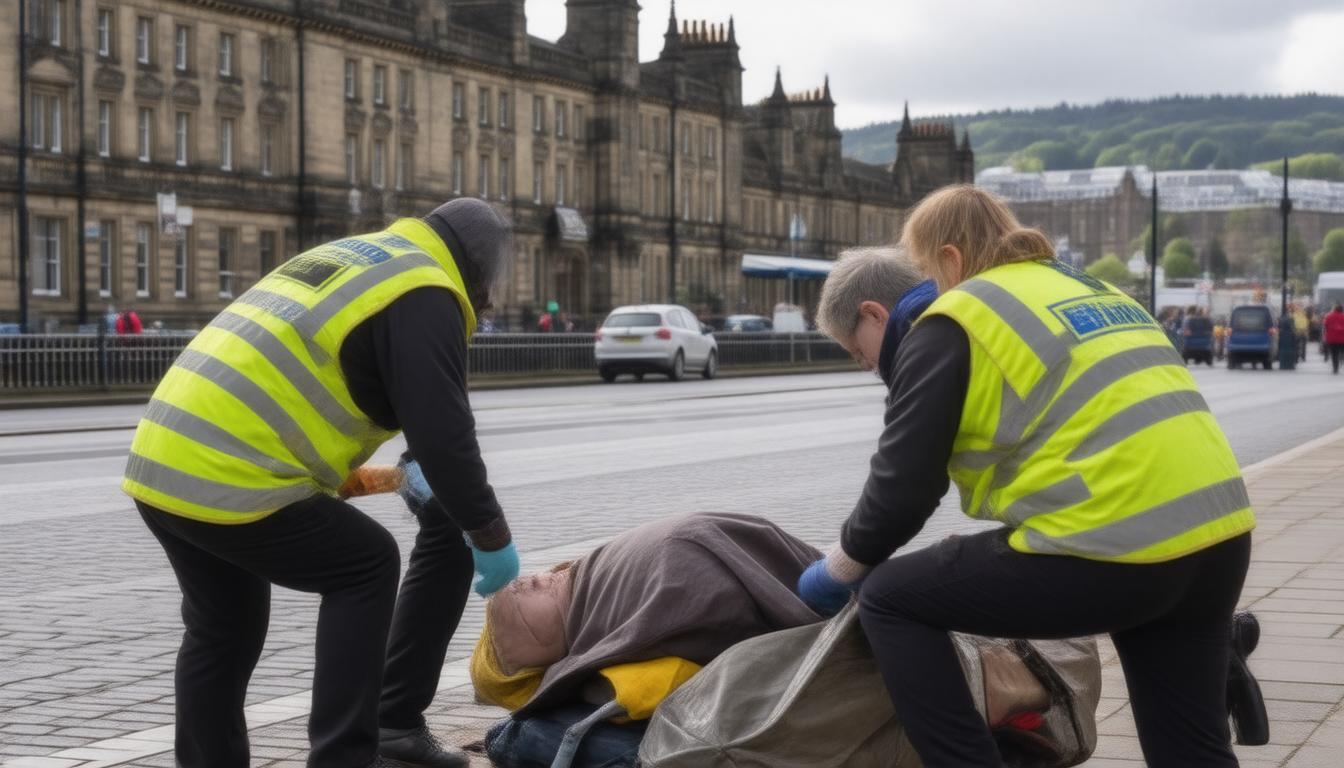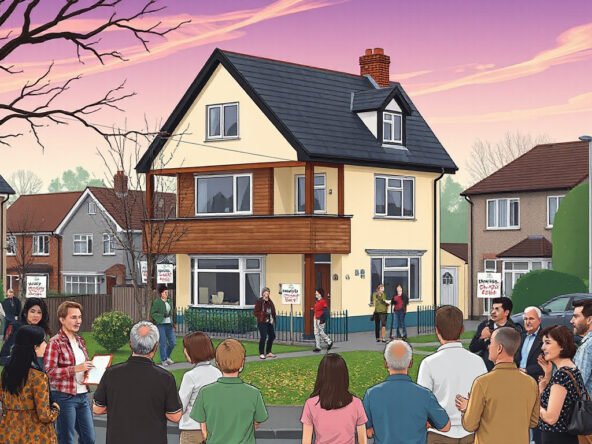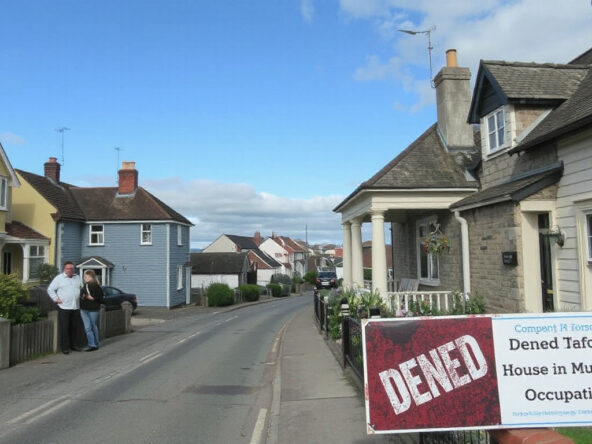The City of Edinburgh Council has announced a proactive plan to relocate homeless residents from over 700 rooms situated in 30 properties that have been flagged as unlicensed and non-compliant with regulatory standards for Houses in Multiple Occupation (HMO). This critical action is being taken in light of serious housing inadequacies and mounting concerns from local charities and councillors about the escalating number of individuals seeking temporary housing.
Properties categorized as HMOs are defined by their accommodation of three or more individuals from different households who share common facilities, such as kitchens and bathrooms. Landlords operating such properties must adhere to licensing requirements, aimed at ensuring the safety and well-being of tenants. In light of recent findings, the council’s decision to cease funding these unlicensed operators by early December represents a significant step toward ensuring that the housing provided meets legally established standards.
Gordon MacRae of Shelter Scotland vocally criticized the current state of homelessness in Edinburgh, suggesting that the ongoing challenges could be exacerbated by years of underinvestment in social housing. Cllr Jane Meagher, the convener for housing in Edinburgh, expressed her concerns regarding the unfortunate reliance on unlicensed HMOs, spurred by skyrocketing private rental costs and inadequate funding from the Scottish Government. The council aims to rectify the situation by seeking compliant temporary accommodation options and engaging reputable housing providers moving forward. Eilidh Keay, representing a local tenants’ union, underscored the urgent necessity of relocating residents from unlicensed settings and pointed out the council’s missteps in their initial housing placements.
Key Takeaways
- The City of Edinburgh Council is relocating homeless residents from 700 unlicensed rooms due to safety concerns.
- Shelter charities and local councillors have raised alarms about the inadequate housing situation and its impact on homelessness.
- The council plans to stop funding unlicensed providers and engage with compliant housing options moving forward.
Overview of Unlicensed Accommodation Issues
The City of Edinburgh Council is taking decisive action regarding the increasing issues surrounding unlicensed accommodation, particularly affecting the homeless population. Recent reports indicate that the council intends to relocate homeless residents from over 700 rooms within at least 30 properties identified as unlicensed and non-compliant with regulatory standards for Houses in Multiple Occupation (HMO). This decision comes amid rising concerns voiced by shelter charities and local councillors regarding the growing number of applicants in need of temporary housing (Edinburgh Evening News, 2024). An HMO is defined as a residence accommodating three or more individuals from different households sharing common facilities; such properties require landlords to secure a specific license. However, with the council ceasing funding for these unlicensed providers by early December, it has sparked alarm over the safety and legality of existing housing practices (The Scotsman, 2024). Gordon MacRae from Shelter Scotland has pointed out that the ongoing homelessness crisis could be exacerbated, attributing this to years of insufficient investment in social housing (BBC News, 2024). Cllr Jane Meagher, Edinburgh’s housing convener, echoed these sentiments, discussing the mounting pressure from high private rents and inadequate funding from the Scottish Government, which has necessitated reliance on unlicensed HMOs amidst the crisis. The council is actively seeking alternative temporary accommodations and is engaging with housing providers to ensure compliance with licensing laws in the future (The Herald, 2024). Eilidh Keay, a representative from the local tenants’ union, reiterated the urgency of relocating residents from these unlicensed facilities, criticizing the initial placements made by the council.
Council’s Plans for Relocation and Future Housing Strategy
Following the council’s plans, Cllr Meagher reinforced their commitment to improving conditions for those experiencing homelessness in Edinburgh, stating that the relocation initiative is part of a broader housing strategy aimed at scaling up the availability of safe, regulated accommodation. This strategy is expected to realign funding towards licensed providers and facilitate better oversight of housing standards going forward. In addition, the council is exploring partnerships with non-profit organizations to expedite the development of new social housing projects. According to recent reports, these efforts aim not only to support the immediate needs of vulnerable populations but also to foster long-term stability (Edinburgh Live, 2024). Furthermore, ongoing community consultations are anticipated, allowing residents to voice their concerns and needs, which advocates believe is crucial for creating solutions that genuinely benefit those affected by the ongoing housing crisis.




